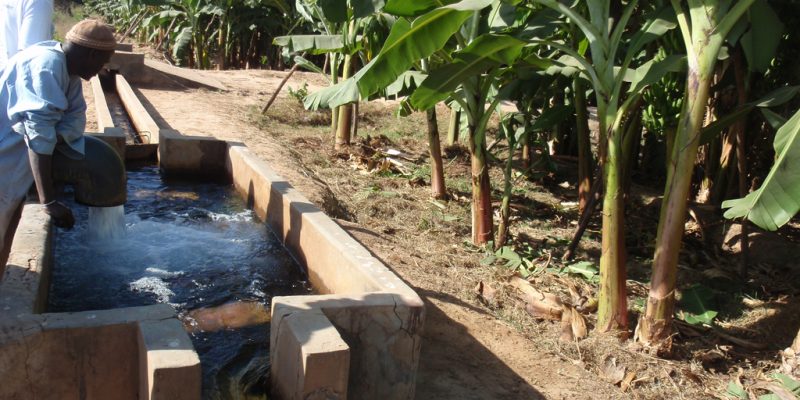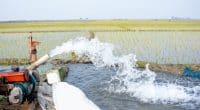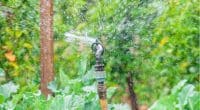The International Development Association (IDA), a subsidiary of the World Bank Group, has approved a $169.2 million loan to Uganda, for a climate resilient irrigation project.
Strengthening irrigation water supply in rural areas in Uganda is one of the objectives of an irrigation project that has recently received funding from the International Development Association (IDA), a subsidiary of the World Bank Group for low-income countries. A total of $169.2 million has been lent to the Ugandan government to achieve its objectives.
The IDA-funded Irrigation for Climate Resilience Project will be implemented in several regions in Uganda. In the west of the country, for example, the government plans to build two new large-scale public irrigation schemes in Kabuyanda, Isingiro, Matanda and Kanungu districts. Also in the western region, the project will design a new irrigation system covering the districts of Enengo, Kanungu and Rukungiri.
The irrigation project will also be implemented in the Eastern and Central regions. According to the World Bank, the Ugandan government’s initiative could benefit 63 200 farmers, mainly smallholders. The IDA funding is timely, as it is taking place against the backdrop of the Covid-19 pandemic, which is increasing insecurity in the rural areas where the farmers targeted by the project are located.
Like most East African countries, Uganda has experienced an invasion of desert locusts, which have razed many plantations in recent months. Agriculture remains the main activity in the country, providing income, employment and livelihoods for at least 40% of the population. According to the World Bank, the sector employs 70 per cent of the population (87 per cent of women and 63 per cent of men) and more than 80 per cent of the poorest in rural areas. The sector continues to be subject to climate change, as evidenced by increased droughts and erratic rainfall.
Jean Marie Takouleu







